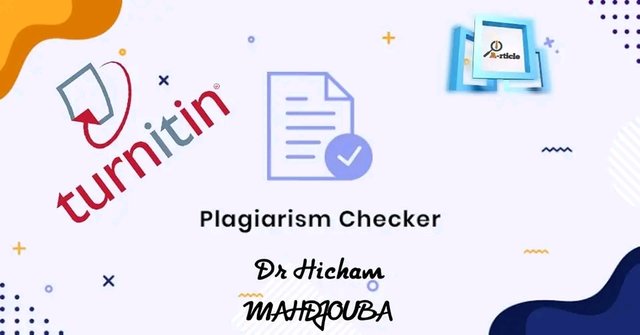🟦 Starting from April 2023, the famous #Turnitin program will be able to detect texts written by artificial intelligence, such as ChatGPT and others like it,
Turnitin announces the AI Writing Detector and the AI Writing Resource Center for educators
Turnitin has successfully developed an AI type detector that, in its lab, identifies 97 percent of the type written by ChatGPT and GPT3, at a very low rate of less than 1/100th of the false positive rate. The company plans to add this functionality to its core writing integration products as early as April 2023. The new functionality will work within existing Turnitin workflows so educators can analyze content and use feedback tools in the same user experience they have today.
Turnitin has also published an AI writing resource page to support educators with teaching resources and to inform progress on the development of AI writing detection features. The newly launched AI Writing Resources page is publicly available and will be updated regularly with information on Turnitin's progress in bringing detection features to market including how they are performing in their R&D lab. Turnitin experts in pedagogy and education will also contribute to an expanding library of resources to help guide K-12 educators and higher education faculty on how to adapt to an academic environment where AI writing is used. In addition, demo and preview videos will be posted regularly.
“Based on how our detection technology performs in our lab and with a large number of test samples, we are confident that Turnitin's AI typing detection capabilities will provide educators with information to help them determine the best way to approach work that may have been affected by AI. “Equally important is our confidence in technology that it makes information usable, useful, and in a format that educators can use.”
She added, “We are very eager to launch a highly accurate detector trained on the largest academic writing dataset. It is imperative that our detector and any others limit false positives that may affect student engagement or motivation."
